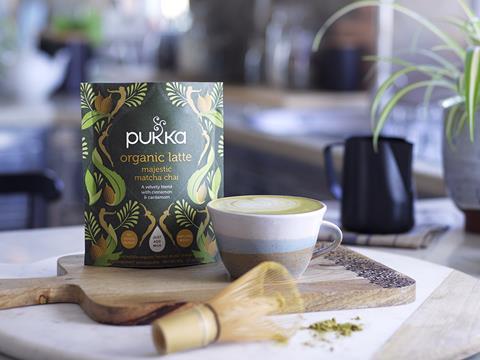
Pukka Herbs is in the final stages of being fully integrated into its private equity-owned parent company, Lipton Teas & Infusions, with the majority of its staff losing their jobs in the process.
A consultation started earlier this year and the premium herbal tea brand’s staff base of about 120 employees in Bristol were offered alternative roles at the group’s headquarters in the Netherlands or in other parts of the UK.
The Grocer understands the process is now in its final stages and should be completed by January.
A spokeswoman for Lipton Teas said 30 staff from Pukka would be staying on in new roles, with some moving to the Netherlands and the rest working for the wider group in the UK.
Pukka CEO Anuradha Chugh, who led the brand from July 2021, left the business last month as part of the integration.
Lipton appointed An Driessens as general manager of Pukka in May to take charge from the Netherlands. Driessens has more than 20 years’ experience working for the likes of Kimberly-Clark, pharmaceutical corporation Novartis and beauty products multinational Weleda.
The move has been on the cards since European private equity firm CVC Capital Partners acquired Unilever’s tea business - then called Ekaterra – for €4.5bn in November 2021.
Pukka had remained a standalone business with its own operations under previous owner Unilever. Following the integration into Lipton Teas, it is expected to benefit from access to shared services across the group, leading to additional synergies and allowing Driessens to focus on growing the business.
The integration is also expected to support the growth of the Pukka brand internationally, as well as bringing herbal and sustainability expertise into the wider Lipton business.
Lipton told The Grocer that 2023 had been “a year of change”, with a €25m investment also going into the tea production facility in Trafford Park to support UK manufacturing and exports.
“We will soon close one of Pukka’s most financially successful years in this incredible brand’s history,” a spokeswoman for Lipton said.
“A sizeable proportion of employees are now helping infuse Pukka’s herbal tea expertise into our other brands, either from the UK or in the Netherlands. We are building Pukka into a thriving global international brand serving many more people, in many more markets.”
Lipton is also investing €15m in a new Pukka marketing campaign, set to launch in the UK in early 2024. It will be the brand’s first advertising drive since 2020, with the previous campaign being on “a much smaller scale”.
Sebastian Pole and Tim Westwell founded Pukka Herbs in 2001 with a mission to create a business to “benefit the health of people, plants and the planet”.
The brand grew rapidly as consumer tastes shifted in the UK from traditional black tea to healthier and more premium herbal teas.
Revenues reached almost £30m when Unilever acquired Pukka in 2017, with the founders promising at the time that the company would remain “true to its values” of being “100% organic, B Corp, and a champion for fair trading”.
Pukka has also given more than £4.5m to environmental and social initiatives through its commitment to 1% for the planet.
The business became a B Corp in 2016 and Lipton is confident this status will not be affected in the coming years by the integration, despite strict criteria around independence in the accreditation process. Businesses must recertify as a B Corp every three years.
Lipton is also understood to have begun engaging B Lab Europe to explore becoming a B Corp itself.







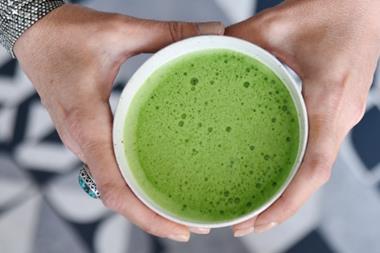


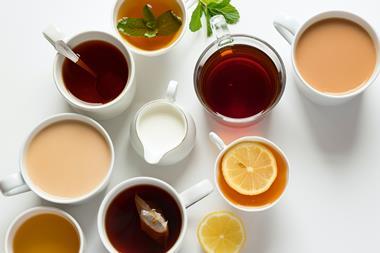
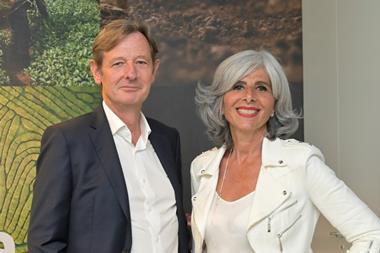
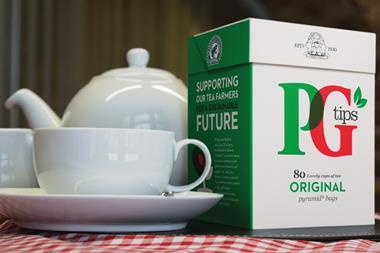



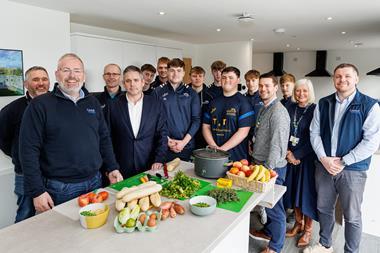


No comments yet